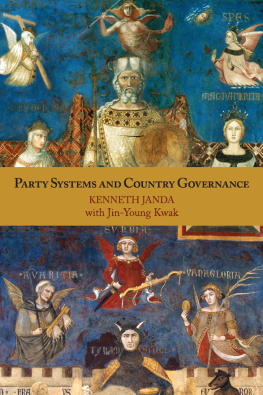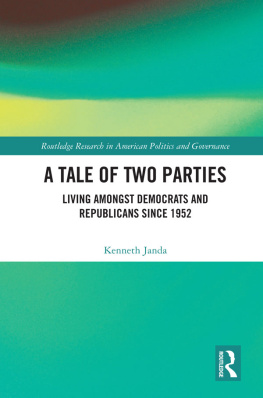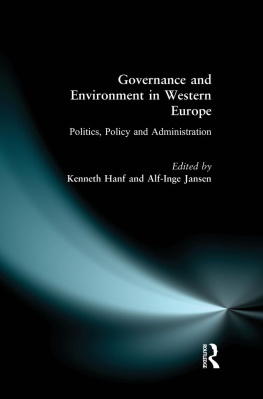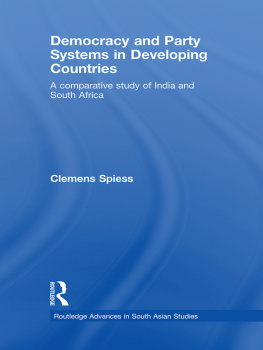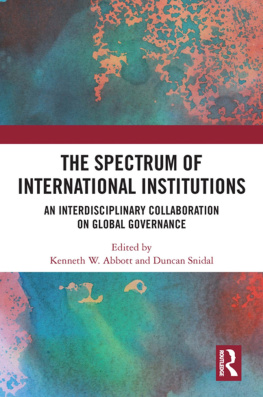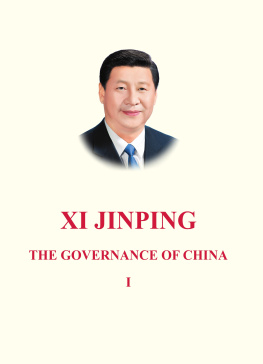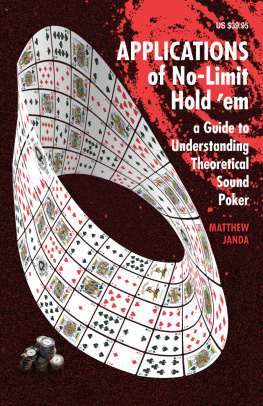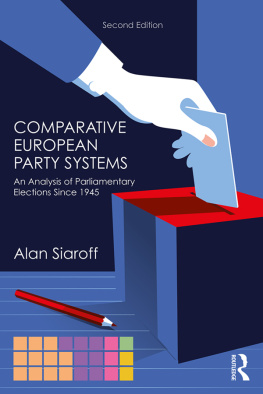PARTY SYSTEMS AND COUNTRY GOVERNANCE
PARTY SYSTEMS AND COUNTRY GOVERNANCE
Kenneth Janda, Northwestern University, USA
with
Jin-Young Kwak, Konkuk University, Korea
Thanks to the Russian journal Political Science for permission to reprint portions of Kenneth Jandas article, Governance, Rule of Law and Party Systems, which appeared as .. Governance, , 113142, in 4 (2010).
First published 2011 by Paradigm Publishers
Published 2016 by Routledge
2 Park Square, Milton Park, Abingdon, Oxon OX14 4RN
711 Third Avenue, New York, NY 10017, USA
Routledge is an imprint of the Taylor & Francis Group, an informa business
Copyright 2011, Taylor & Francis.
All rights reserved. No part of this book may be reprinted or reproduced or utilised in any form or by any electronic, mechanical, or other means, now known or hereafter invented, including photocopying and recording, or in any information storage or retrieval system, without permission in writing from the publishers.
Notice:
Product or corporate names may be trademarks or registered trademarks, and are used only for identification and explanation without intent to infringe.
Library of Congress Cataloging-in-Publication Data
Janda, Kenneth.
Party systems and country governance / Kenneth Janda, with Jin-Young Kwak.
p. cm.
Includes bibliographical references and index.
ISBN 978-1-59451-932-1 (hardcover : alk. paper) ISBN 978-1-59451-933-8 (pbk. : alk. paper)
1. Political parties. 2. Political indicators. 3. Comparative government. I. Kwak, Jin-Young. II. Title.
JF2051.J36 2011
324.2dc22
2011008023
ISBN 13: 978-1-59451-932-1 (hbk)
ISBN 13: 978-1-59451-933-8 (pbk)
Designed by Staight Creek Bookmakers.
Typeset by Chris Davis, Mulberry Tree Enterprises.
To my wife, Ann Janda, who has put up with my computer usage and political parties research for fifty years
Contents
With Jin-Young Kwak
With Jin-Young Kwak
Chapter 1
Chapter 2
Chapter 3
Chapter 4
Chapter 5
Chapter 7
Chapter 8
Chapter 9
Chapter 10
Chapter 11
Appendix C
This book targets three audiences: students, teachers, and researchers. It informs students how political party systems vary across the world and how these variations affect the performance of political systems in terms of country governancea problematic concept that the book clarifies. It provides teachers with instructional material for courses on political parties, comparative politics, and research methods. ( suggests how students can undertake research projects explaining why certain countries perform much betteror much worsethan predicted by our analysis.) It invites researchers to consider more innovative approaches to cross-national analysis of party systems, studying a greater range of countries, considering new measures of party system competition, and suggesting that new measures be not merely proposed and mathematically adjusted through scholastic exchanges in professional journals but actually applied in testing party theory with empirical research. Accordingly, this study tests party system theory using original data on political party systems in 212 countries. These countries correspond to those scored on six Worldwide Governance Indicators, a monumental effort undertaken by researchers at the World Bank.
Writing for three audiences presents the problem of hitting the right level for different readers. Not unlike Goldilocks, some readers will find the text too complicated, others too simple, and perhaps too few just right. Students may find it too complicated because the study, by its very nature, requires elementary statistical analysis. That cannot be avoided in a worldwide study that assesses the effects on country governance of party system traits such as competitiveness, aggregation, and stability.
Having taught elementary statistics to undergraduate students for nearly four decades, I believe that almost all students can learn the statistical concepts and analytical tools in this book. That includes standard deviation, z-scores, correlation analysis, and multiple regression. Each is clearly introduced in the context of research and explained in text boxes that those who already understand the content can skip. At every opportunity, I cater to students by explaining analytical concepts, often using everyday illustrationsfor , I warn that the following few pages require close attention, but the going should be smooth afterward. I pray that more readers will find the discussion too simple rather than too complicated.
The idea for this book originated in 2007 with Jin-Young Kwak, then chairperson of the Department of Political Science at Koreas Konkuk University, who proposed spending her 20072008 sabbatical year at Northwestern University. Her statement of proposed research exposed me seriously, for the first time, to the role of political parties in the (to me) confusing concept of governance. While working together during her sabbatical, Professor Kwak and I hammered out the idea of studying party systems, instead of individual parties, and using the Worldwide Governance Indicators as measures of country governance. We divided the 212 countries into two halves and began recording the percentages of seats won by the top three parties in two elections in every country. We then reported the results of our data collection in a paper at the 2009 Meeting of the Midwest Political Science Association.1 After Professor Kwak returned to Konkuk University, we continued discussing the research via e-mail. Although she provided comments on the manuscript from abroad and deserves recognition for her substantial contributions early in the project, she should not be held responsible for the direction and shape of the analysis or its interpretation. This book was written with her invaluable assistance but not coauthored by her. I am accountable for any errors in fact or interpretation.
Julieta Suarez-Cao, while a PhD candidate at Northwestern University, offered her help on the project as reader and critic. At several points, she raised questions about theory and research that resulted in significant revisions in convention papers and the book manuscript. Along with Jin-Young Kwak, Suarez-Cao contributed to papers delivered at the 2010 meetings of the Midwest Political Science Association and the American Political Science Association.2 Julius Parod, a sophomore political science major at Knox College, volunteered to read the entire manuscript during the summer of 2010. Having never taken a course in statistics, he was well-qualified to flag points at which the discussion was unclear or he had trouble understanding the methodology or theory. His helpful comments improved the presentation in several places.
My wife, Ann Janda, also read each chapter of the manuscript very carefully. She was professionally suited to this task as a former full-time Russian-language instructor at Loyola University; former bibliographer (unpaid) on my National Science Foundationfunded International Comparative Political Parties Project; former editor of the SIGCHI Bulletin, a quarterly publication of the Special Interest Group on Computer & Human Interaction; and for two decades Northwestern Universitys official representative to the Interuniversity Consortium for Political and Social Research. She found writing errors of omission and commission, caught gaps in logic and argument, and generally improved the presentation of material. I am very grateful for her scholarly help.


